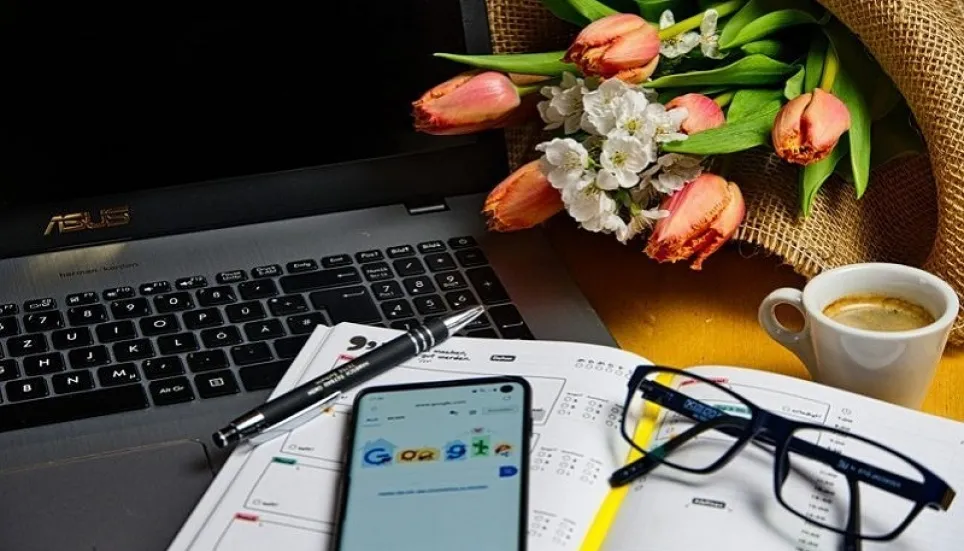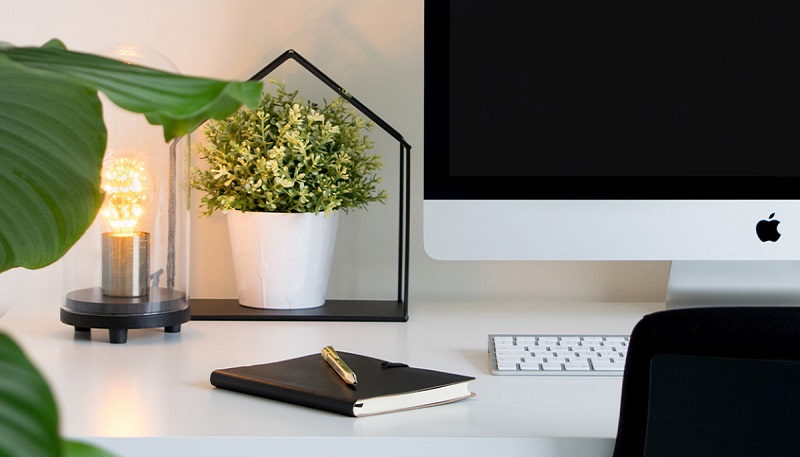
Long days at the office along with constant work-related emails, hours after hours, can all contribute to workplace burnout. But the same kind of burnout can also happen while working from home, especially during the ongoing lockdown due to the global coronavirus pandemic.
Feeling exhausted, unmotivated, anxious and unable to focus on work due to chronic stress created by a job are all symptoms of workplace burnout, according to the World Health Organization (WHO).
Last year, the WHO identified burnout as a serious health concern that can cause “increased mental distance from one’s job” and “reduced professional efficacy".
Beyond the workplace, being more accommodating to the needs of employees, there are steps we can take at home to minimize the likelihood of feeling burnt out.
Signs of workplace burnout can include persistent fatigue, sleeping too little or too much, taking longer to complete tasks or making more mistakes, says Rahaf Harfoush, a Canadian workplace expert and author of Hustle & Float, which examines the burdens of modern-day work culture.
"To prevent this, start by being honest with your co-workers and managers about your ability to complete your work at this time," she said.
“Do you have to put down your kid for a nap at the same time as a meeting? Be upfront about the reality of the situation,” she said. “Technology makes it easier than ever to take your work home. This being such a stressful environment, set very clear boundaries with your team.”

The antidote to workplace burnout is an ability to unplug from a job and recharge — which can be easier to do when a person physically leaves an office, said Joti Samra, a Vancouver-based psychologist and founder of MyWorkplaceHealth, a consulting firm that aids businesses in supporting employee mental health.
Coming home, cooking, playing with our kids, watching TV or connecting with friends is how many of us relax after a workday, allowing us to be mentally fresh next time we go to the office, she said.
"That’s changed now that many of us are working from home," she said.
"Ensure you have differentiated between a workspace and a space for you to relax in your home. If you don’t have an office, retain a corner or use a portion of a kitchen table only for work — DO NOT taint other spaces by working all over the house," she said.
(Source: Global News)
/ah/teb